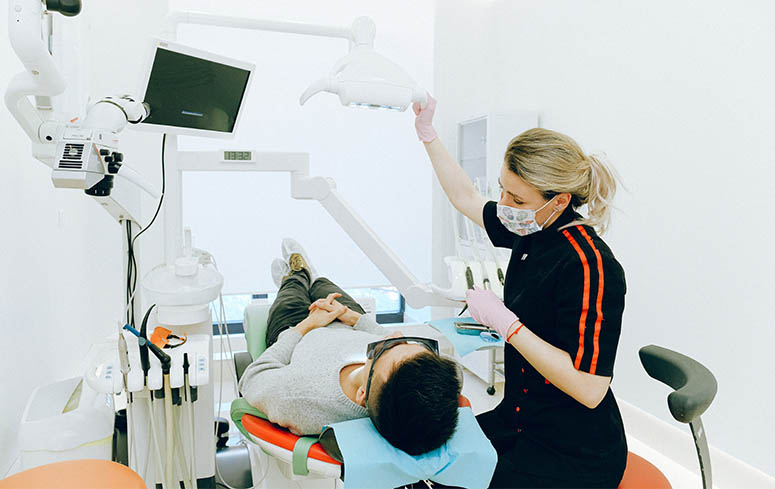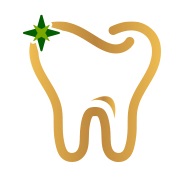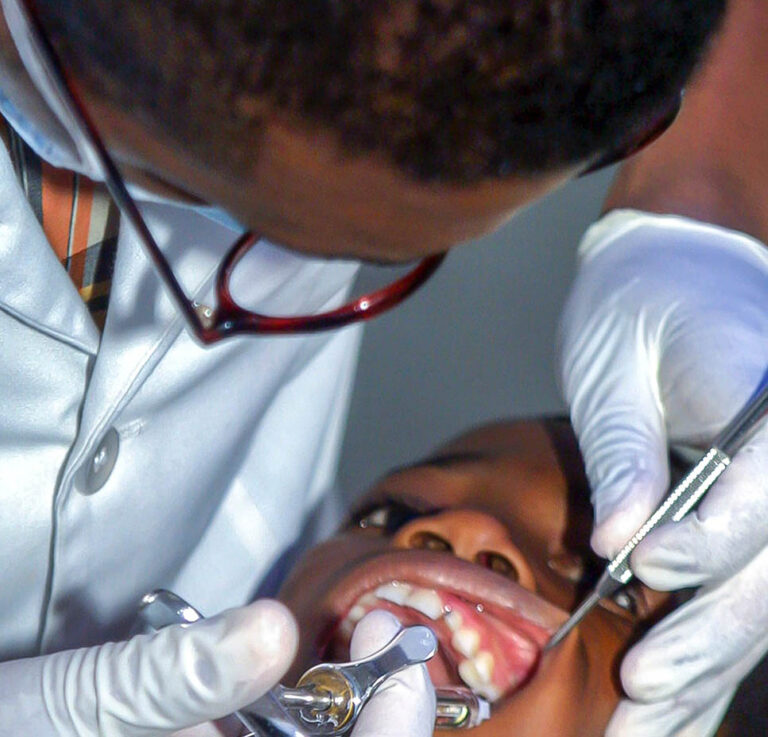Causes of bad breath:
- Poor oral hygiene: When food particles and plaque are not removed from the teeth and gums, they can break down and produce a foul odor.
- Dry mouth: Dry mouth can be caused by a variety of factors, including medications, mouth breathing, and dehydration. When the mouth is dry, there is less saliva to wash away food particles and bacteria, which can lead to bad breath.
- Food: Certain foods, such as onions, garlic, and spices, can cause bad breath. These foods contain compounds that are absorbed into the bloodstream and travel to the lungs, where they are exhaled in the breath.
- Tobacco products: Smoking and chewing tobacco can cause bad breath. Tobacco products contain chemicals that can irritate the mouth and throat, and they can also stain the teeth and tongue, which can contribute to bad breath.
- Medical conditions: Bad breath can also be a symptom of an underlying medical condition, such as:
- Gum disease
- Postnasal drip
- Chronic sinusitis
- Gastroesophageal reflux disease (GERD)
- Diabetes
- Kidney disease
- Liver disease
- Lung infections

Diagnosis of bad breath:
The first step in diagnosing bad breath is to determine the cause. If you have good oral hygiene, your dentist may refer you to a doctor to rule out any underlying medical conditions.
To diagnose bad breath, your doctor or dentist will ask you about your medical history and oral hygiene habits. They will also examine your mouth and nose for any signs of infection or other problems.
In some cases, your doctor may order tests to rule out any underlying medical conditions. For example, they may order a blood test to check for diabetes or kidney disease.
Treatment of bad breath:
The treatment for bad breath depends on the underlying cause. If your bad breath is caused by poor oral hygiene, your dentist will teach you how to improve your brushing and flossing techniques. They may also recommend using a mouth rinse or toothpaste that contains an antibacterial agent.
If your bad breath is caused by a medical condition, your doctor will treat the underlying condition. For example, if your bad breath is caused by GERD, your doctor may prescribe medication to reduce stomach acid production.
In addition to treating the underlying cause, there are a number of things you can do to freshen your breath, such as:
- Brush your teeth twice a day and floss once a day.
- Use a tongue scraper to remove bacteria from your tongue.
- Drink plenty of water to stay hydrated.
- Avoid smoking and chewing tobacco.
- Avoid eating foods that are known to cause bad breath, such as onions, garlic, and spices.
If you have chronic bad breath that does not improve with good oral hygiene and lifestyle changes, talk to your doctor or dentist. They can help you determine the underlying cause and develop a treatment plan.


